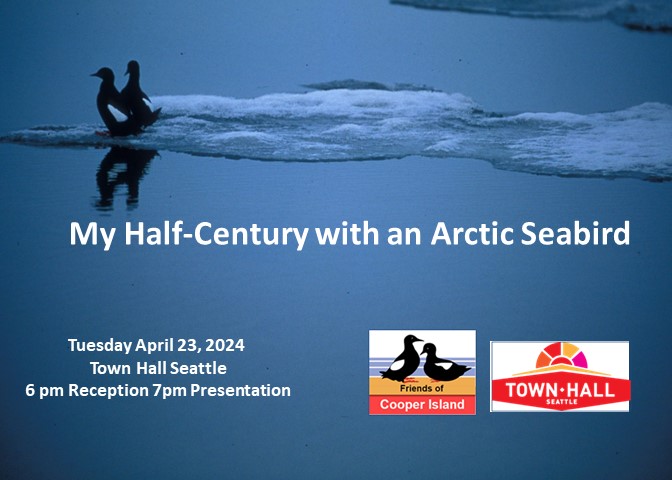Please join us at Town Hall Seattle on the evening of Tuesday, April 23. The five-decades of research of a seabird colony on Cooper Island, Alaska has provided clear and unsettling evidence of the extent and rapid pace of Arctic climate change. The island’s colony of Mandt’s Black Guillemot, studied annually since 1975, decreased from over two hundred pairs in the 1980s to less than 25 pairs in 2023 as rising atmospheric temperatures decreased Arctic sea ice, the species’ preferred habitat. Our 2024 event at Town Hall Seattle will include a synopsis of our major discoveries from the Cooper Island research and...
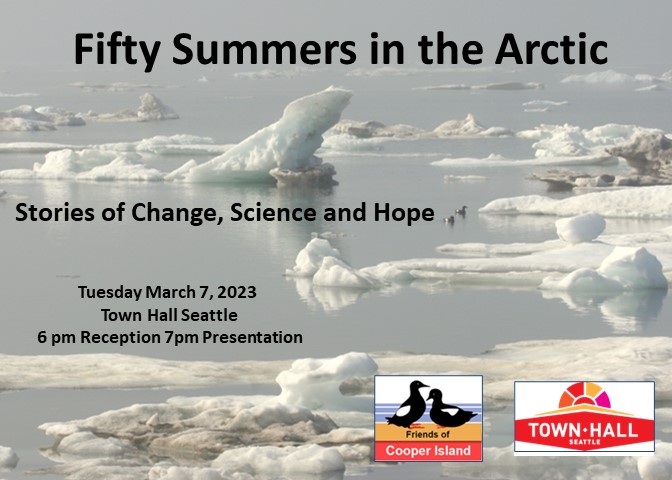
Our annual Seattle Update – March 7, 2023
Please join us at Town Hall Seattle on the evening of Tuesday, March 7. In addition to providing an update on the status of our seabird study colony and the melting Arctic, we will share stories (some funny, some sad) about the joy and heartbreak of maintaining a remote field camp for five decades. We look forward to seeing old and new friends in the Seattle area who can attend in person, but are also glad the presentation will be available as a livestream on our YouTube channel. The evening will begin with an in-person reception starting at 6 pm with light fare, beverages and conversation, followed by an in-person...
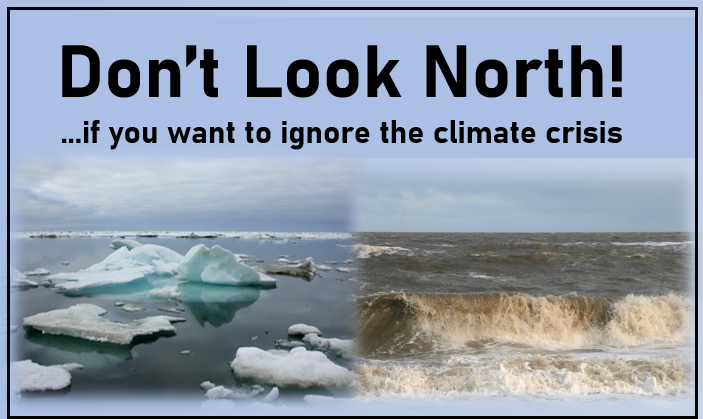
2022 Cooper Island Update
March 15, 2022 Town Hall Seattle Reception at 6 pm with presentation at 7 pm We are happy to once again have an in-person event in Seattle at Town Hall Seattle, but glad the presentation will also be available on YouTube for live streaming and later viewing on our YouTube channel. The evening will begin with an in-person reception starting at 6 pm and we look forward to sharing light fare, beverages and conversation with old and new friends. The in-person and virtual presentation starting at 7 pm will include an overview of George Divoky’s half-century on Cooper Island documenting...
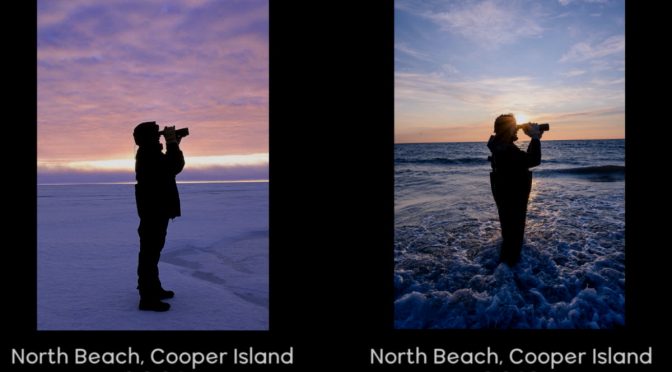
Arctic Ice: Past vs Present
The ice pack on Cooper Island has changed dramatically in the 18 years since these 2 pictures were taken on the same day, at the same location. See for youself with our interactive display.
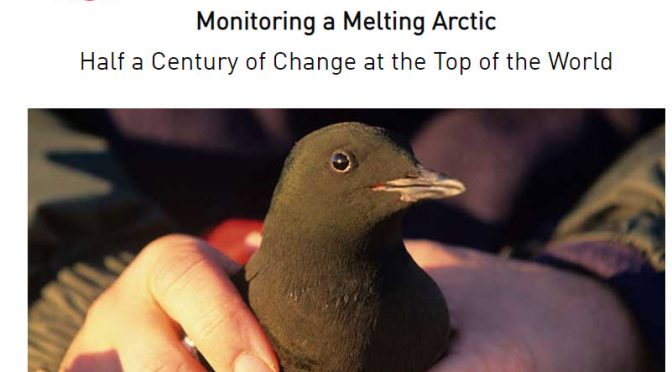
View video of our February 2021 Update
Dr. George Divoky’s long-term study of Arctic seabirds has dramatically documented global warming and its consequences on the Black Guillemot colony.
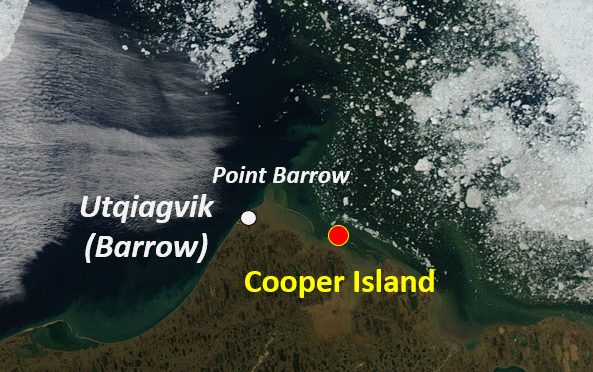
The nearly impossible 2020 field season
Maintaining a long-term study of an Arctic seabird on a remote island off the northern Alaska coast has never been easy. Maintaining that study in 2020, when very few things anywhere in the world were easy, meant dealing with a new set of logistical hurdles and personal dilemmas and sacrifices. Thanks to the extraordinary help of extraordinary friends, however, in this year of such disruption for all of us I am happy to report that, against all odds, we were able to collect data for the 46th straight year on Cooper Island this summer. During March and April, when I...
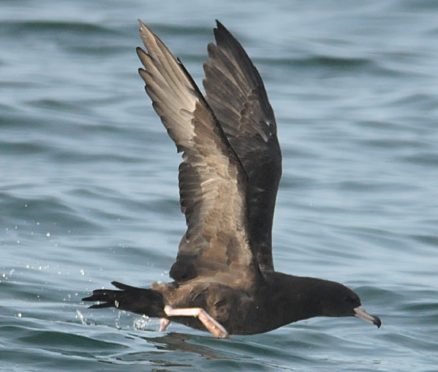
Red-legged guillemots and a problematic shearwater
On first sight, what most people notice about Black Guillemots in their summer plumage are their bright red legs. The species could easily be called “Red-legged Guillemot” - were there not two other species in the guillemot genus Cepphus with red legs.
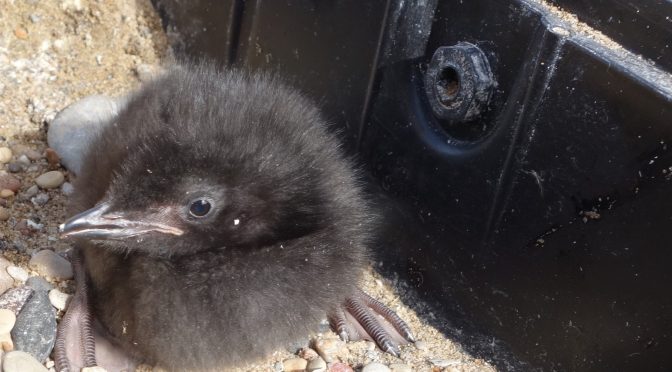
A decreased breeding effort, but the colony persists.
This improbable 2020 field season is finishing its second week. As I anticipated, being back in Utqiagvik and heading out to Cooper Island helped make this bizarre year feel a little more normal. But once on the island, my initial census of the colony quickly reminded me that, while the entire world is focused on the disruptions and dangers of the pandemic, the repercussions of a melting Arctic continue – as they have for the majority of the 47-year Cooper Island study. In the late 1980s the Mandt’s Black Guillemot colony on Cooper Island had over 200 breeding pairs, thanks...
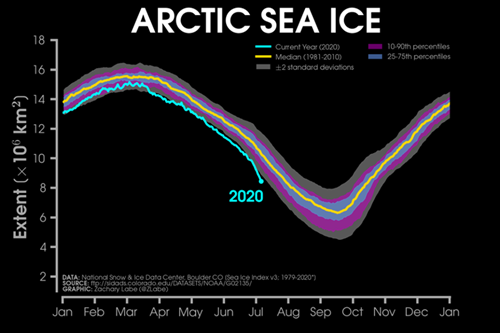
Against all odds: a 2020 field season
In early spring, when the first evidence of the scale of the pandemic was becoming clear, many field biologists realized that restrictions or concerns about travel would prevent them from having a field season. The impact was especially bad for graduate students and early career researchers who had worked hard to obtain funding and prepare for the 2020 field season. It also was a major blow to those of us who have conducted continuous long-term studies requiring annual field work. Friends of Cooper Island was impacted by the earliest stages of the pandemic when we had to cancel our annual...
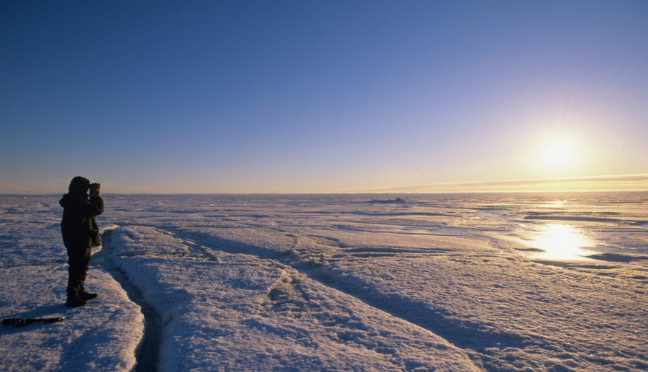
Webinar on Cooper Island documentary now streaming
The April 24th webinar with Joe McNally discussing his 2001 and 2019 visits to Cooper Island and the making of the documentary Watching the Earth Melt Away, is now available for on-demand online viewing at this link or clicking on the image below. Many thanks to both Joe and PhotoShelter for telling the story of the long-term study on Cooper Island and informing the public about the rapidly changing Arctic. WATCH: Q&A with Joe McNally About His Documentary “Watching the Earth Melt Away” In this webinar, Joe talks about some of the most meaningful photos captured during his trips to...
